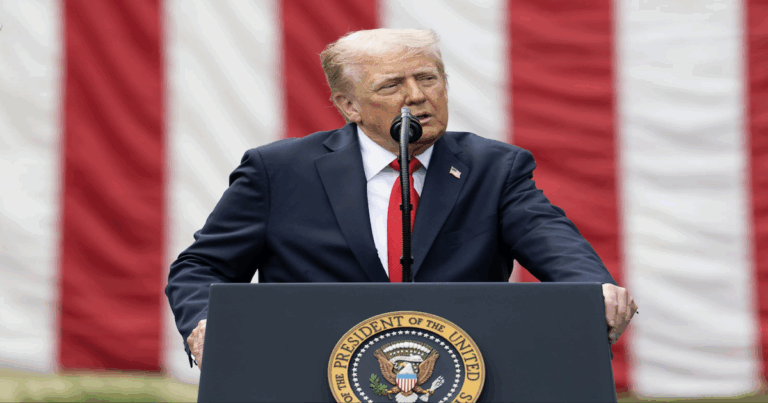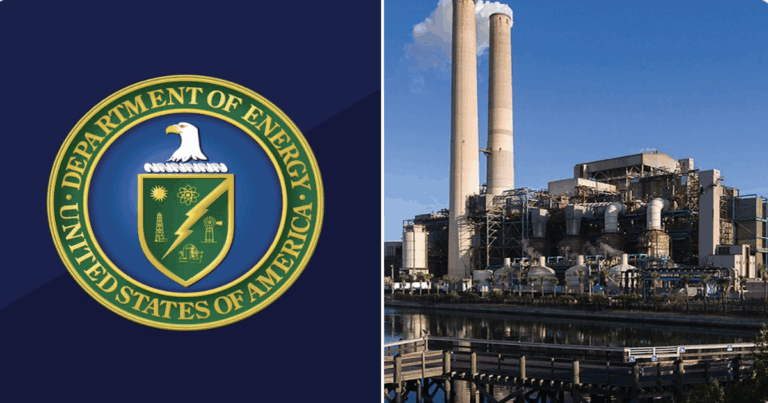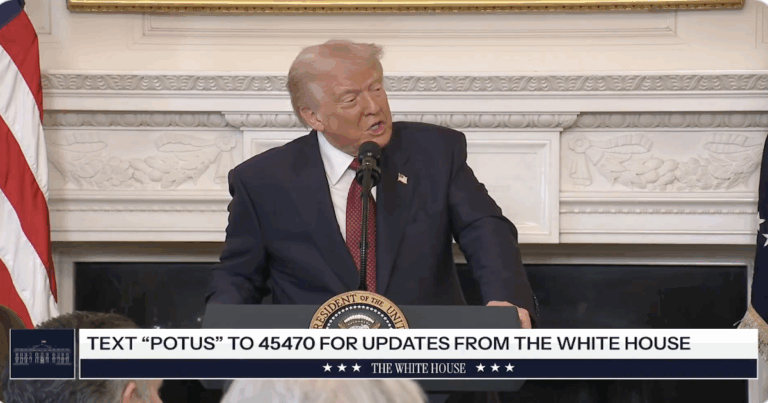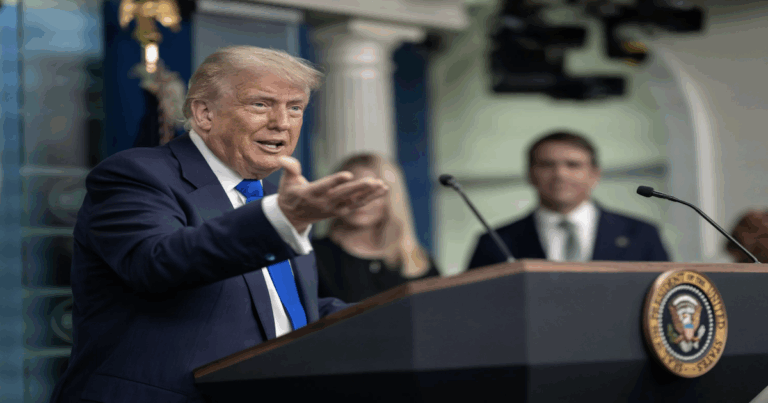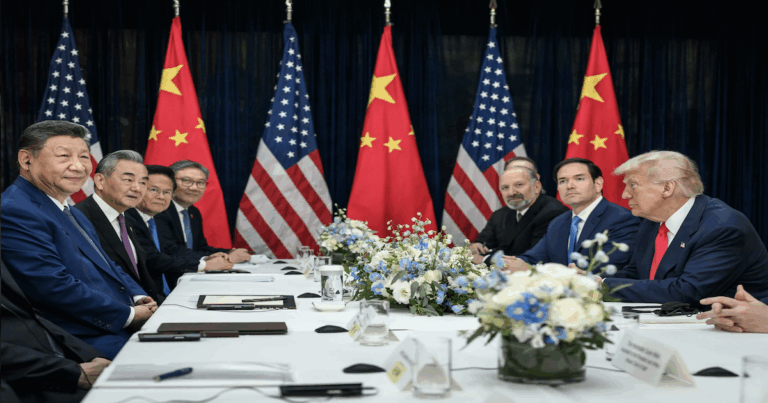Key Takeaways:
- Tariffs Fuel Prosperity: President Trump announced plans to use record tariff revenues to fund $2,000 dividend payments for Americans, excluding high-income earners.
- Economic Momentum: Tariff revenue hit $215 billion in fiscal 2025, with the U.S. collecting nearly $36 billion already in fiscal 2026—proof that Trump’s “Liberation Day” trade policy is driving strong results.
- Defending Presidential Power: As the Supreme Court reviews Trump’s authority to impose tariffs, the White House says it is confident of victory, calling the policy essential to protecting America’s economy and workers.
President Donald Trump took to Truth Social Sunday to make one thing clear: tariffs are working—and the critics who oppose them are “fools.” The president announced that revenue from his “Liberation Day” tariffs will soon fund a $2,000 dividend payment for everyday Americans, excluding high-income earners.
“People that are against tariffs are FOOLS! We are now the richest, most respected country in the world, with almost no inflation and a record stock market price,” Trump wrote. “A dividend of at least $2000 a person will be paid to everyone,” he added.
The announcement comes as tariff revenues soar under Trump’s aggressive trade agenda. Since April, tariff income has jumped from $23.9 billion in May to nearly $30 billion by July. The Treasury Department reported total tariff revenue of $215.2 billion in fiscal 2025, with another $35.9 billion already collected in the first month of fiscal 2026.
Trump credited the surge to record manufacturing investment and a booming industrial comeback driven by pro-American policies. “We will soon begin paying down our ENORMOUS DEBT,” he wrote, pointing to renewed fiscal strength and national confidence.
While critics have challenged Trump’s authority to impose tariffs under emergency powers, the White House stands firm. “We look forward to ultimate victory on this matter with the Supreme Court,” spokesperson Kush Desai said.
For Trump, tariffs aren’t just about trade—they’re about leverage, sovereignty, and rewarding the American worker. And as the economy continues to break records, the message from the Oval Office is unmistakable: America’s success is no accident.

